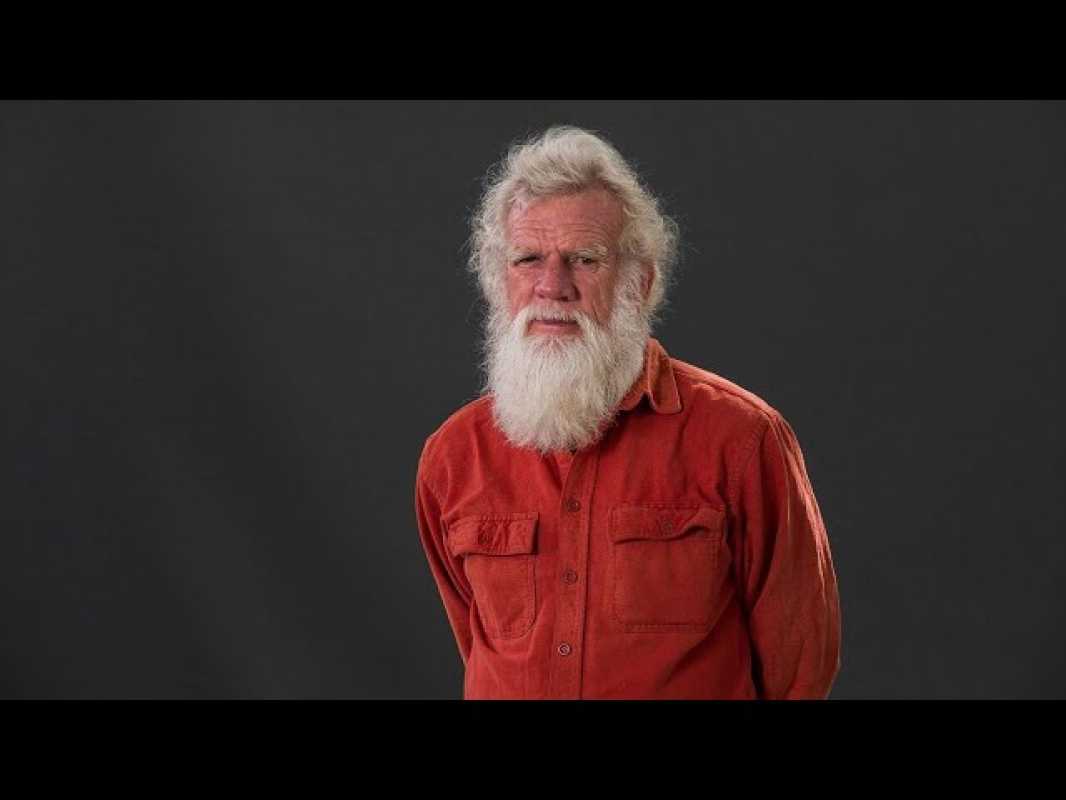Opinion
Bruce Pascoe Faces Backlash with Release of ‘Black Duck’

Bruce Pascoe, the acclaimed author of ‘Dark Emu‘, is once again bracing for controversy with the release of his new book, ‘Black Duck‘. Dark Emu, published in 2014, challenged traditional perceptions of Aboriginal history in Australia by highlighting structured agricultural practices.
In ‘Black Duck’, co-written with his partner Lyn Harwood, Pascoe reflects on life at their Indigenous food-producing farm, Yumburra, near Mallacoota in Victoria. The book is a meditative exploration of the Indigenous seasons and their connection to the land and culture.
Pascoe’s claims in ‘Dark Emu’ led to heated debates surrounding his Aboriginal identity and the authenticity of his connections to the Yuin and Boonwurrung peoples. Critics, including Josephine Cashman and Michael Mansell, raised questions about his heritage and research.
Despite the backlash and controversies, Pascoe remains committed to promoting Indigenous food production and sustainable agriculture. His efforts at Yumburra involve processing traditional grains like kangaroo grass and black wattle to create unique products for local consumption.
Addressing the impact of the devastating Black Summer fires, Pascoe and Harwood are focused on forest management and fire prevention on their farm. They advocate for a greater role for Aboriginal people in land stewardship and environmental conservation.
Through ‘Black Duck’, Pascoe seeks to inspire a reevaluation of Australia’s agricultural practices and a deeper understanding of the country’s Indigenous history. He envisions a future where Aboriginal knowledge and traditions play a central role in shaping Australia’s relationship with the land.
As Pascoe and Harwood navigate the challenges of post-fire recovery and sustainable farming, they embody a vision of reconciliation and environmental stewardship that is both timely and essential for a changing world.












